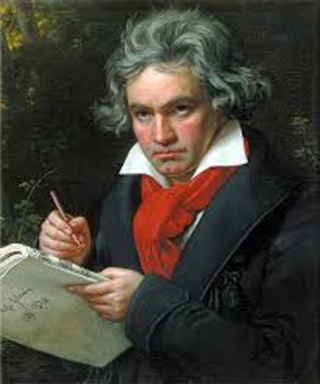5/9/2025 Thoughts on musicians and their works: "Mozart"
- Takeaki Iida

- May 9, 2025
- 2 min read
Chapter 16: Wolfgang Amadeus Mozart (No. 2)
(1756~1791, died at age 35)
Opera:

1. "The Marriage of Figaro": Carlo Maria Giulini conducting / Philharmonia Orchestra and Chorus. The recording by Eberhard Wächter (Br), Elisabeth Schwarzkopf (So), Giuseppe Taddei (Br), Anna Moffo (So), Fiorenza Cossotto (M. Sop) is excellent in both performance and recording quality.
2. "The Abduction from the Seraglio": Dorian Marthaler's innovative concept, set at Salzburg airport. The costumes, lighting, and other innovative ideas make for an innovative stage performance that I've never seen before, but I wonder how it will turn out as a concert.
3. "The False Gardener": I watched a video of the Milan La Scala performance (2018), with costumes and stage direction that gave the performance an opera buffa atmosphere. I was very satisfied with the orthodox direction, singing, and acting.

4. "Don Giovanni": After achieving great success with his staging of "The Marriage of Figaro" in Prague, Mozart chose the medieval legend of Don Juan as the subject of a new work, and asked Da Ponte, who had written the libretto for "Figaro," to complete the composition in a short period of time. Of the performances I listened to again this time, the ones that stood out were the best, including the stage sets and costumes of the singers (Grümmer, Schwarzkopf, Siepi) conducted by Furt Wängler at the Vienna State Opera (1954) and the performance and singing (Schwarzkopf, John Sutherland, Taddei) conducted by Gerini and the Philharmonia Orchestra (1959).
Among the arias in the play, the part I particularly like is Donna Elvira's "Restativo and Aria" (No. 21C) sung by Schwarzkopf (2), with its intense emotion and beautiful melody, but according to the commentary, this part was added at the singer's request after the composition, which is strange as it doesn't seem to have a special title.

5. "Cosi van Totte": I listened again to the best performance conducted by Karl Böhm, recommended by critics such as Elisabeth Schwarzkopf and Christa Ludwig, and I once again felt that this opera is one to enjoy the pleasant harmonies of the choruses (duets, trios, polyphony) rather than the less familiar arias. In that sense, I think that this is the most difficult opera to perform among Mozart's famous operas, and is more suitable for connoisseurs.

6. "The Magic Flute": I reviewed the video recordings of two performances that seemed to attempt a period-like direction and performance (at La Scala in Milan in 2011 and at the Glyndebourne Festival in 2019), and one performance with an orthodox direction and performance (at the Salzburg Festival in 2006, conducted by Riccardo Muti). Of these, I enjoyed the performance conducted by Muti, which gave me the impression of a serious approach. On the other hand, the record (recorded in 1964) conducted by Karl Böhm and performed by the Berlin Philharmonic Orchestra offered a lot of enjoyment in the arias and duets sung by such great singers as Fritz Wunderlich in the role of Tamino, Roberta Peters in the role of the Queen of the Night, and Dietrich Fischer-Dieskau in the role of Papageno.
For reference, the following table lists the works of the composers I listened to again when recording my impressions this time.

.png)



Comments